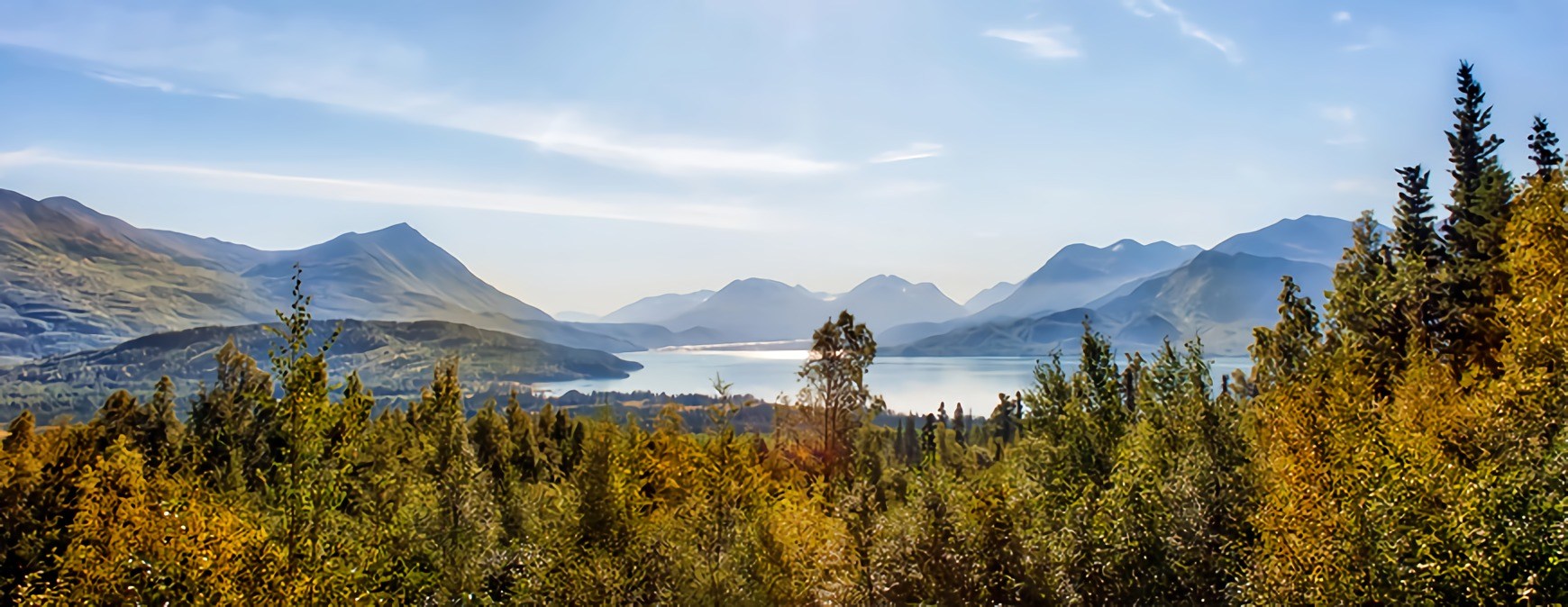
If you’re the outdoors type, then you’ll love the rugged beauty of Alaska. With no income or sales tax and some of the highest wages for HVAC techs in the country, The Last Frontier can also be a great place to start your career.[1][2]
Here’s an overview of the job outlook, pay and working conditions for HVAC techs in Alaska to give you a better idea of what a career in the country’s northernmost state could hold for you.
Climate and HVAC Demand
Making sure a heating system works properly can be a matter of life or death in Alaska. In the interior, such as the second largest city Fairbanks, temperatures can drop to -80°F in the winter and climb as high as 100°F in the summer.[3][4] Conditions in the most populated city of Anchorage are a bit milder, with a high of 65°F in July and a low of 23°F in January.[5]
Energy consumption reflects how much Alaskans rely on their HVAC equipment: the state’s per capita usage is the third highest in the country.[6]
HVAC Equipment
Heating systems are essential in Alaska, but you could work on air conditioning units, too.[7] Since people spend so much time indoors during the winter and burning wood and other fuels for heat is common, indoor air quality can be an issue for many Alaskans.[8][9] This makes ventilation systems especially vital in the state.
Get Started on the Path to a New Career
Fill out our form to learn how we can help you change your life.
Alaskans use a wide variety of heating systems:
- Boilers
- Furnaces
- Stoves
- Space heaters
- Tank-less water heaters
- Combined/integrated systems[10]
Equipment usage can vary by region. For example, oil fired boilers and wood stoves are popular in Fairbanks.[11] In fact, more than 100,000 cords of wood are burned for space heating every year.
Full of natural wonders, Alaska has many sources of renewable energy that can be tapped to heat and cool homes. Geothermal energy can be harvested from the state’s abundance of volcanic fields.
As of 2016, Alaska was one of the eight states producing geothermal electricity. Its rivers offer some of the highest potential for hydroelectric power in the country.
Surrounded by coastline, Alaska gets plenty of wind, providing yet another source of energy. Solar is also surprisingly common, with solar thermal technologies used to heat water and buildings.[12]
Working as an HVAC technician in Alaska could have you installing, maintaining and repairing both traditional and advanced types of equipment.
Job Growth
Alaska has the forth-smallest population in the country. Its population density is the lowest in the nation.[13]
Fewer people means fewer jobs. The rate of job growth in Alaska is projected to be 4 percent through 2024, reports the Bureau of Labor Statistics (BLS).[14] Across the country, jobs for HVAC techs are predicted to increase at a rate of 15 percent through 2026.[15]
Working Conditions

A sense of adventure can come in handy when working in Alaska. Temperatures can drop as low as -80° F, and some areas are dark all day during the winter—the busiest season for HVAC techs.[16]
If, like the rest of the population, you don’t mind roughing it a bit, the perks of great pay and endless wilderness could be well worth starting a career here.
The HVAC Training Advantage
Are you sold on working as an HVAC technician in Alaska? Then HVAC training can help set you apart from other applicants in a relatively tight labor market.
The BLS reports that most employers prefer to hire workers with formal HVAC training, and the Alaska Department of Labor and Workforce Development cites a postsecondary certificate as a typical educational requirement for entry-level work in the state.[17][18]
Want to learn more about the skills, duties and certifications necessary to become an HVAC technician? Watch this video.
Additional Sources
[1] https://www.bankrate.com/finance/taxes/state-taxes-alaska.aspx
[2] https://www.bls.gov/oes/current/oes499021.htm
[3] https://www.eia.gov/state/analysis.php?sid=AK
[4] https://www.worldatlas.com/articles/the-most-populated-cities-in-alaska.html
[5] https://www.usclimatedata.com/climate/anchorage/alaska/united-states/usak0012
[6] https://www.eia.gov/state/analysis.php?sid=AK
[7] https://mooreheating.com/really-need-air-conditioner-alaska/
[8] https://dec.alaska.gov/air/anpms/pm/pm_health.htm
[9] http://thefederalist.com/2016/12/30/epa-alaskans-sub-zero-temps-stop-burning-wood-keep-warm/
[10] http://www.cchrc.org/sites/default/files/docs/Consumer_Guide_Home_Heating.pdf
[11] http://cchrc.org/yourhouse/heating.htm
[12] https://www.eia.gov/state/analysis.php?sid=AK
[13] https://www.eia.gov/state/analysis.php?sid=AK
[14] https://www.careeronestop.org/Toolkit/Careers/Occupations/occupation-profile.aspx?keyword=Heating,%20Air%20Conditioning,%20and%20Refrigeration%20Mechanics%20and%20Installers&onetcode=49902100&location=Alaska#SectionOp3
[15] https://www.bls.gov/ooh/installation-maintenance-and-repair/heating-air-conditioning-and-refrigeration-mechanics-and-installers.htm
[16] https://www.alaskatourjobs.com/blog/working-in-alaska/is-living-in-alaska-for-you-find-out/
[17] https://www.bls.gov/ooh/installation-maintenance-and-repair/heating-air-conditioning-and-refrigeration-mechanics-and-installers.htm#tab-4
[18] http://live.laborstats.alaska.gov/occ/occ.cfm?o=499021
This blog has been labeled as archived as it may no longer contain the most up-to-date data. For a list of all current blog posts, please visit our blog homepage at https://www.rsi.edu/blog/

